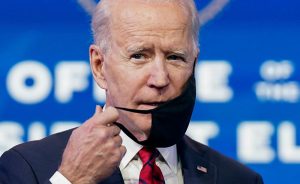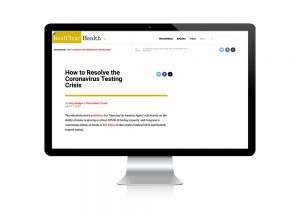The Trump Administration has proposed using its demonstration authority under section 1115A of the Social Security Act to test a method of reimbursement for physician-administered drugs based on prices in 14 countries. The proposal is controversial, raising constitutional questions about the agency’s authority to modify Medicare reimbursement absent congressional action, as well as objections to the use of international reference pricing. A recent paper from the Foundation for Research on Equal Opportunity (FREOPP) makes a useful contribution to this debate. The FREOPP paper recommends that the administration construct a market-based international index (MBII) that would exclude “industrialized countries with little room for market-based pricing.” This report examines the drug pricing and reimbursement policies in MBII countries and finds that these policies are generally not market-based. Secondly, it presents data showing that many drugs introduced between 2011 and 2018 are not available to consumers in MBII countries. Under the proposal advanced by the administration and that suggested by FREOPP, Medicare reimbursement for physician-administered drugs would largely be based on international reference prices in which the regulatory agency of one government sets drug prices based at least in part on those set by regulatory agencies in other countries. Importing these mutually reinforcing, centralized decisions into Medicare may reduce reimbursement for physician-administered drugs, but the new reimbursement system cannot be said to be based on market prices.
Related Posts
Post a Comment









